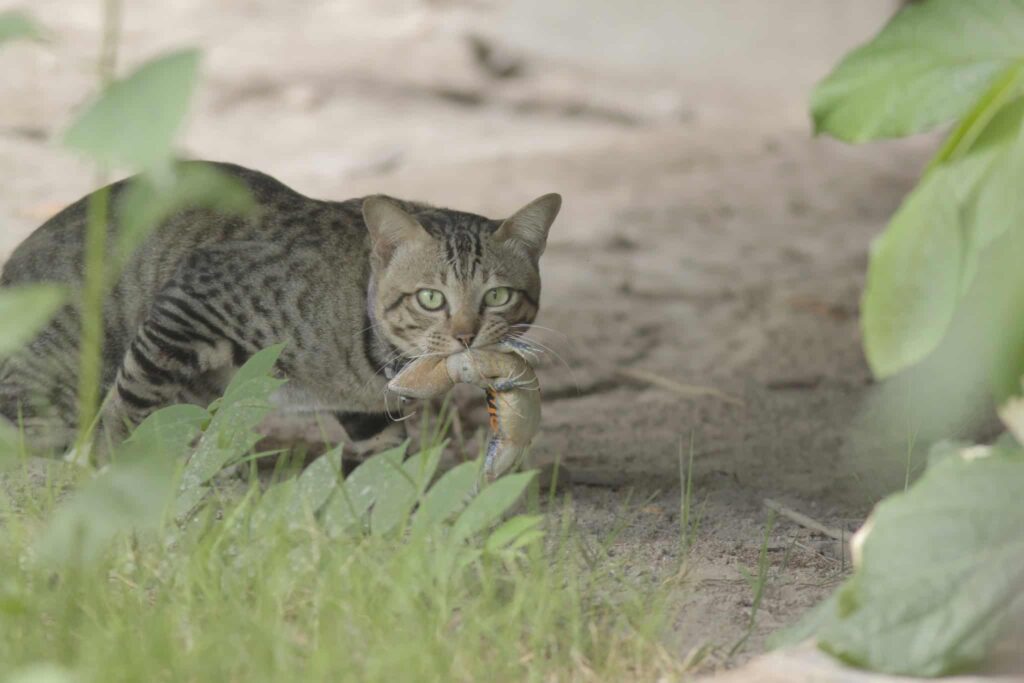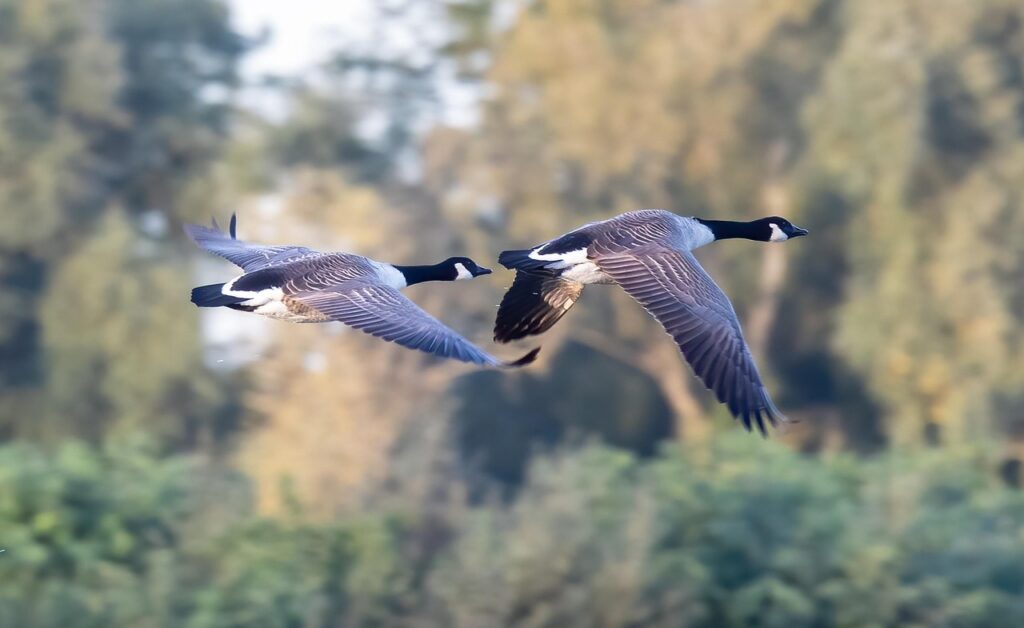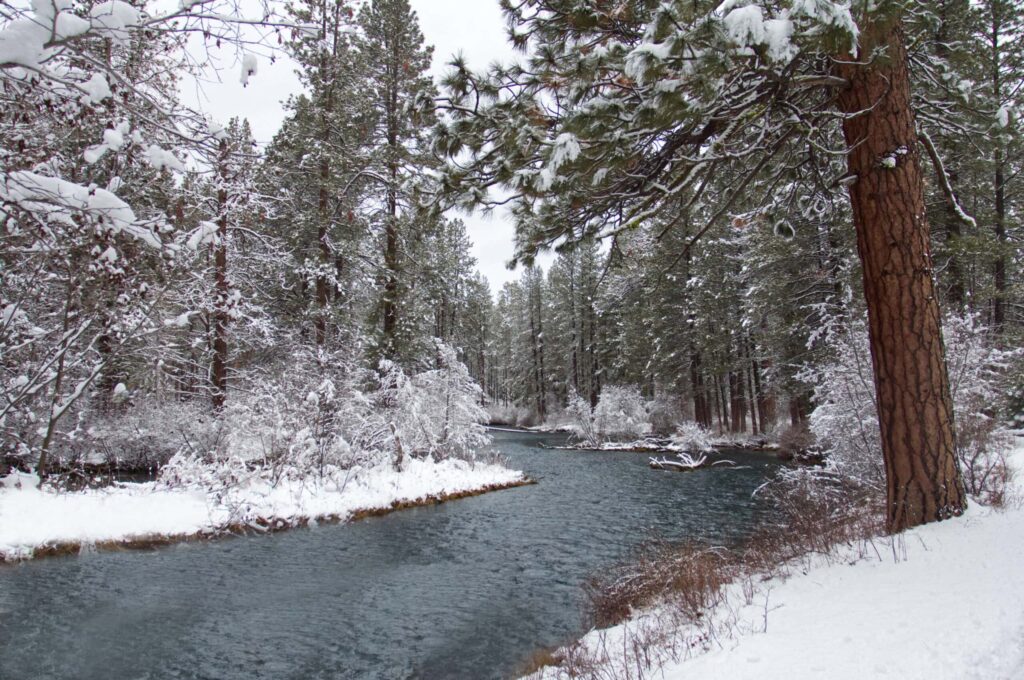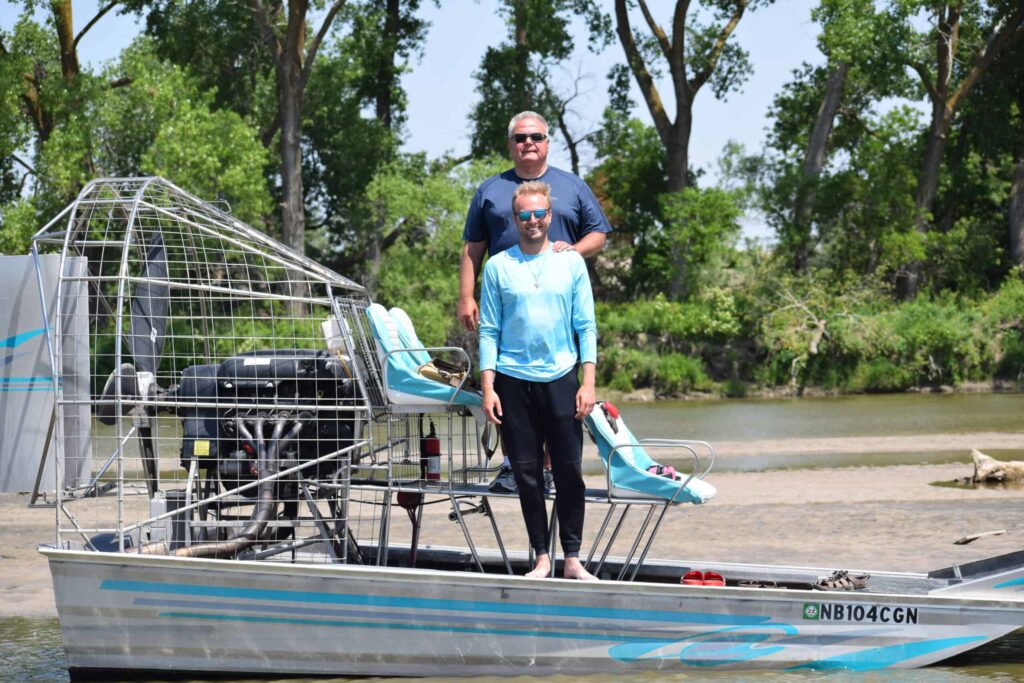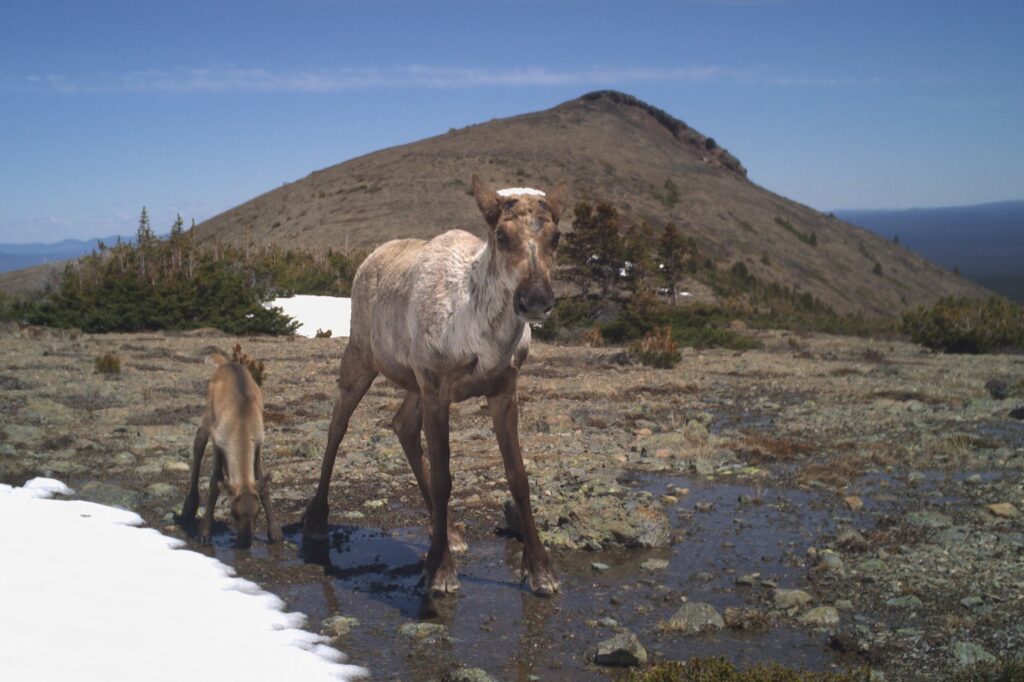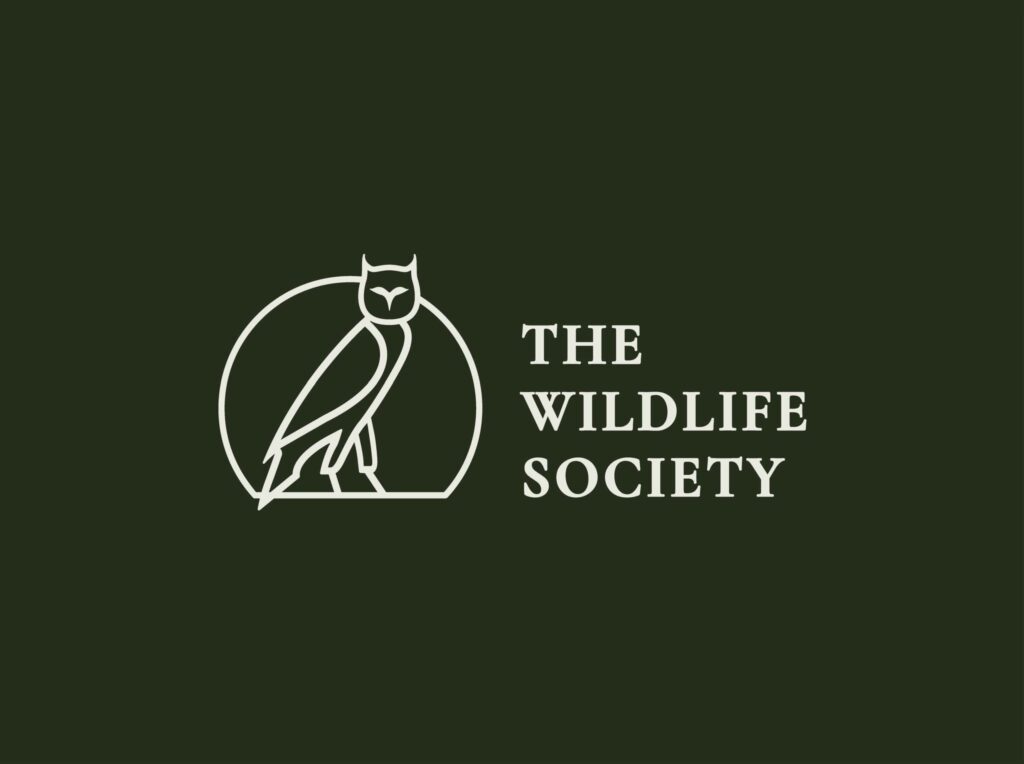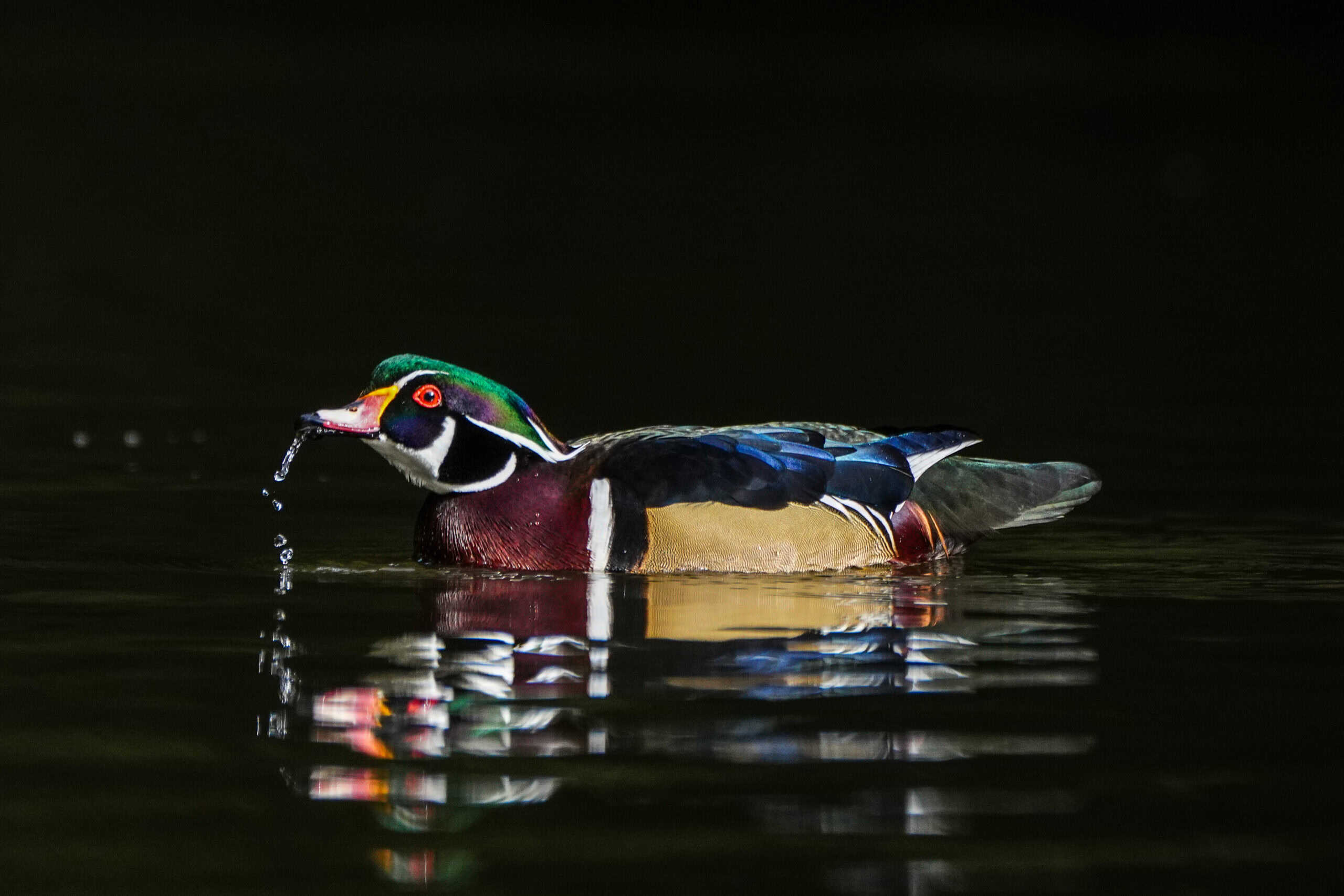Welcome to the TWS Inclusion, Diversity, Equity and Awareness Working Group
The Inclusion, Diversity, Equity and Awareness Working Group (IDEAWG) promotes the involvement of minorities and women in the wildlife and natural resource professions, especially in areas such as student recruitment, conservation education and professional development.
Our working group shall have as its scope of organization the study and transfer of information relative to the recruitment, retention and career-long mentoring of wildlife scientists and managers from ethnic, gender and socioeconomic backgrounds previously underrepresented in natural science professions. Through our activities, we strive to increase awareness of the importance of diversity among members of the Society and the profession at large.
(Photo Credit: Christopher Collier)
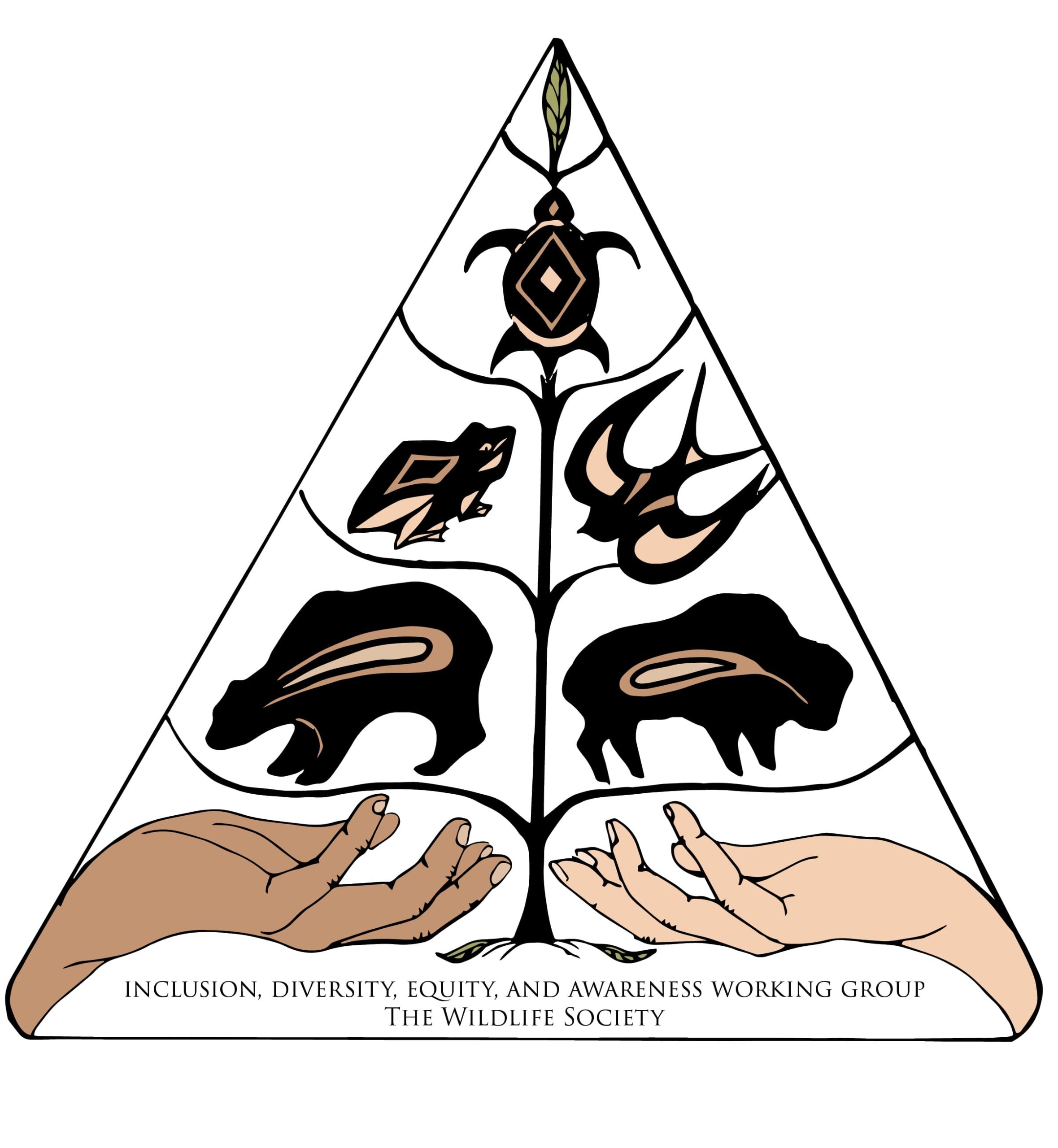
Announcements
Become a member
Membership is available to all current TWS members. You may join our working group by logging in to your TWS account.
Officers
Board Members:
Carly Aulicky
Don Yasuda
Eric Quallen
